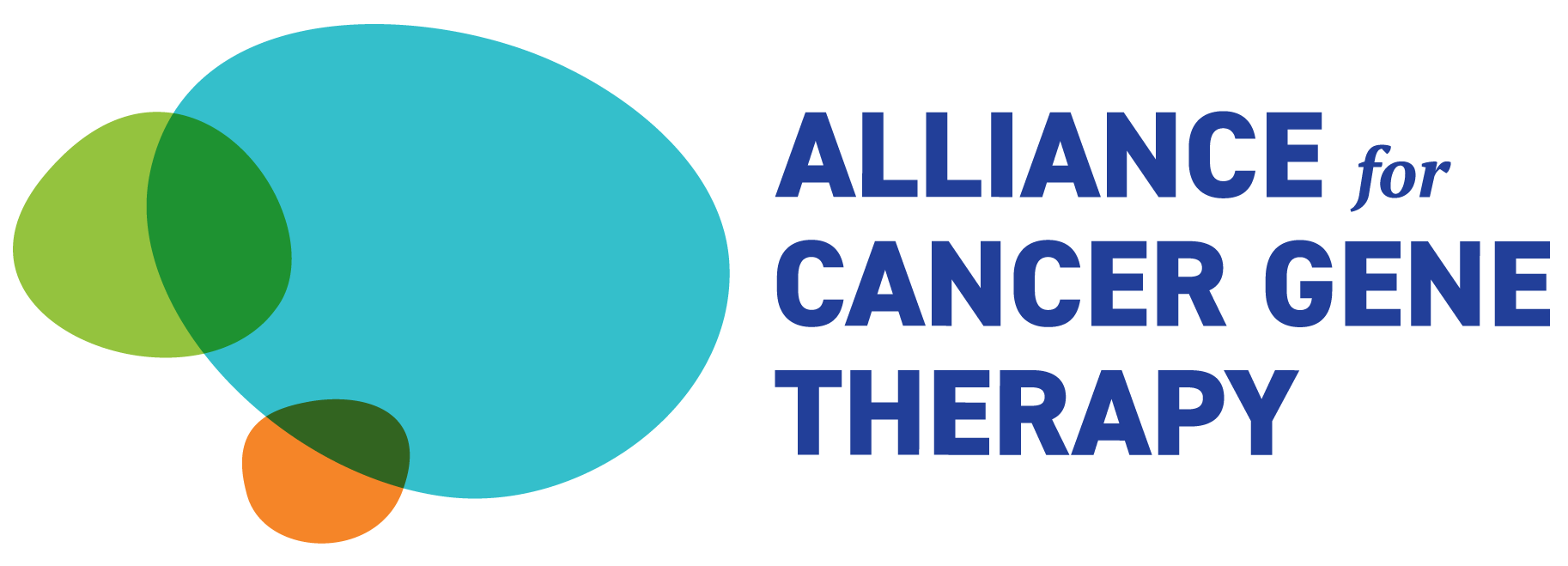
Highlighting CAR T-cell Therapy Progress for Glioblastoma

ACGT Scientific Advisory Council members are pursuing novel research into CAR T-cell therapy for glioblastoma.
Early results from studies led by ACGT Research Fellows and others offer hope that
CAR T-cell therapy is a type of
Glioblastoma is diagnosed in approximately 15,000 people in the United States each year and the average survival time is eight months. ACGT scientists are making progress in developing effective therapies.
In a phase 1 clinical trial testing the dual-target CAR T cells in six patients, all six experienced reduced tumor sizes, meaning the therapy was effective in killing glioblastoma cells.
ACGT Scientific Advisory Council Member Christine Brown, PhD (City of Hope Comprehensive Cancer Center), developed a CAR T-cell therapy delivered directly into the brain. This approach bypasses another challenge with brain tumors: the blood-brain barrier
The blood-brain barrier is a combination of blood vessels and tissue that separates the central nervous system and brain from the rest of the body, preventing harmful substances in blood, such as bacteria, from reaching the brain. The barrier can also block the immune system from sending T cells to fight brain tumors, which can hinder CAR T-cell therapy
By injecting the CAR T cells directly into the brain, half of 58 participants in a clinical trial achieved stable disease (no growth of tumors) for at least two months. Two patients had a partial anti-tumor response (scans showed the tumor shrank) and two others had a complete response (no sign of tumors on scans).
Newsletter
Stay at the forefront of cutting-edge science with CGT—your direct line to expert insights, breakthrough data, and real-time coverage of the latest advancements in cell and gene therapy.















